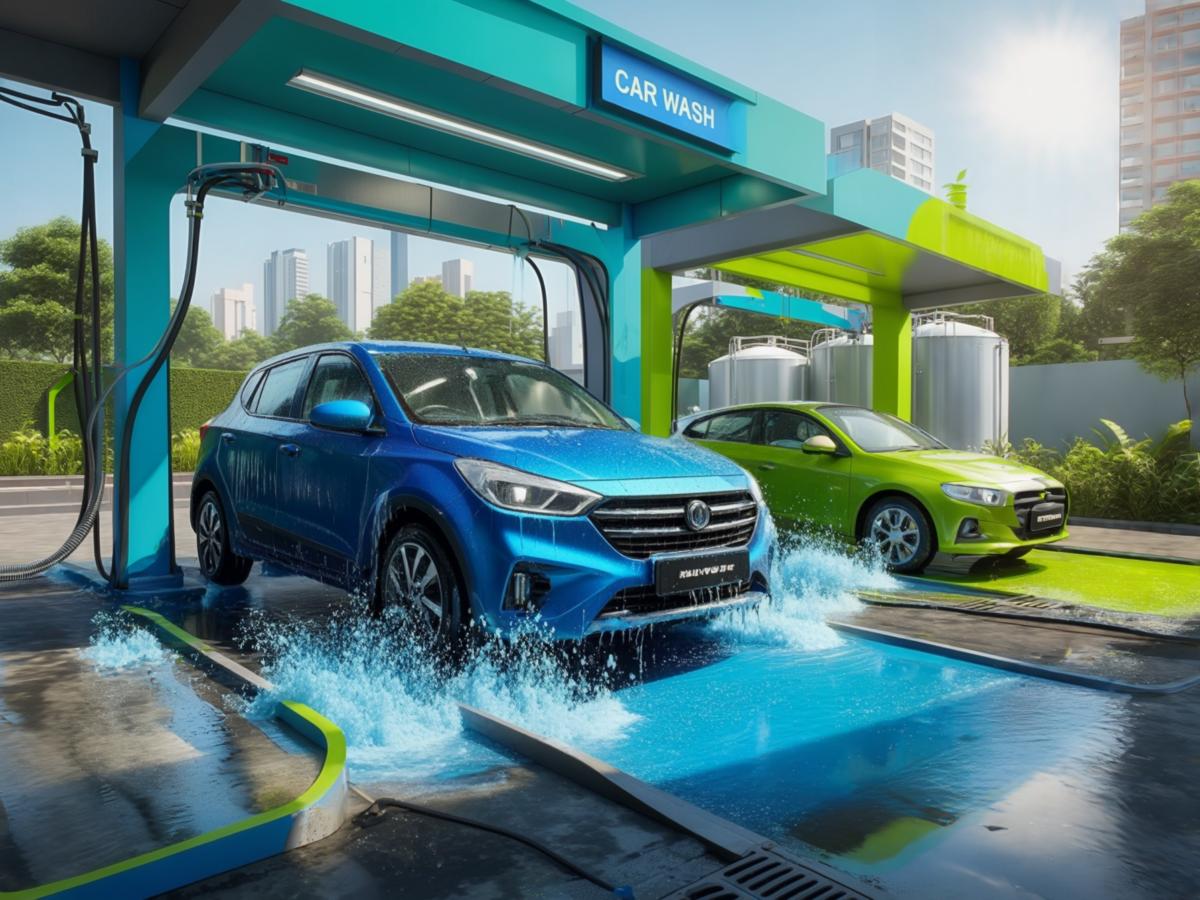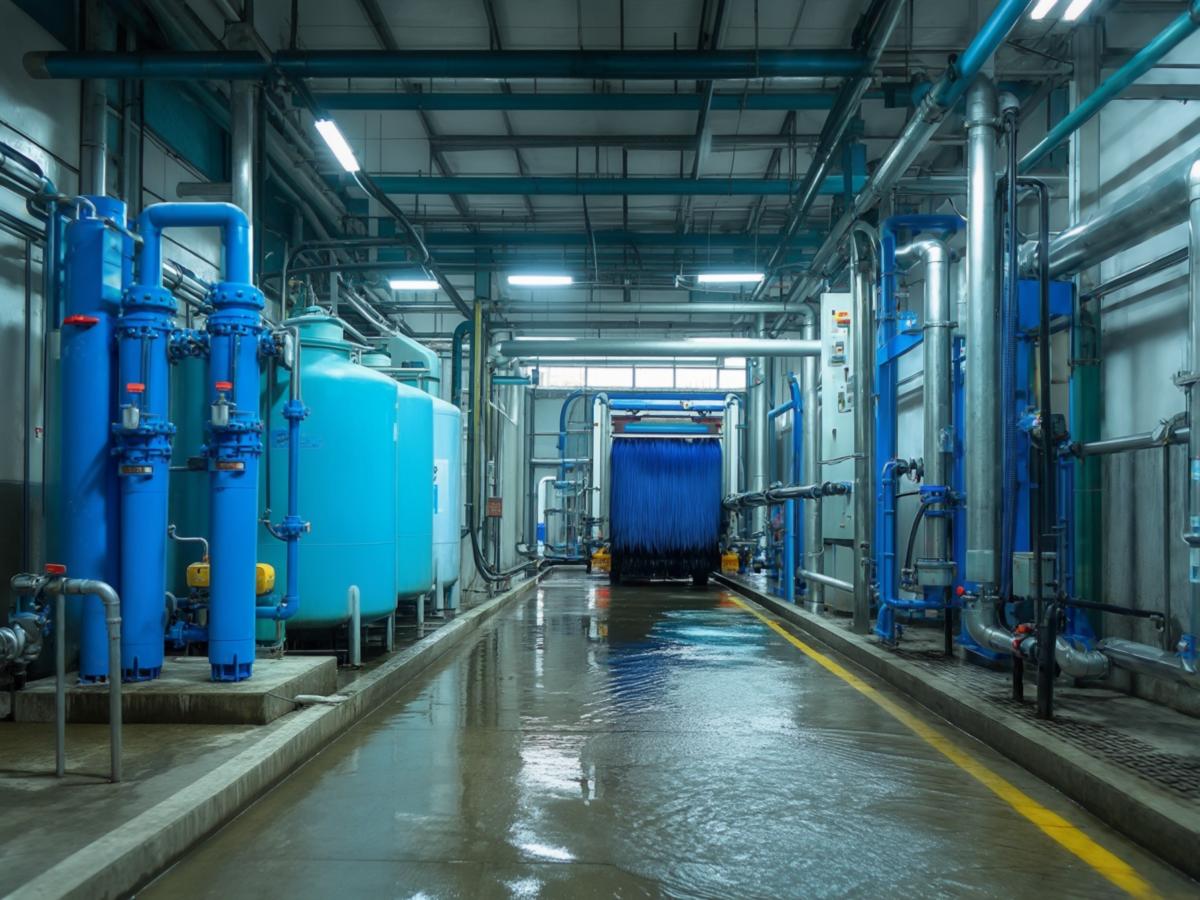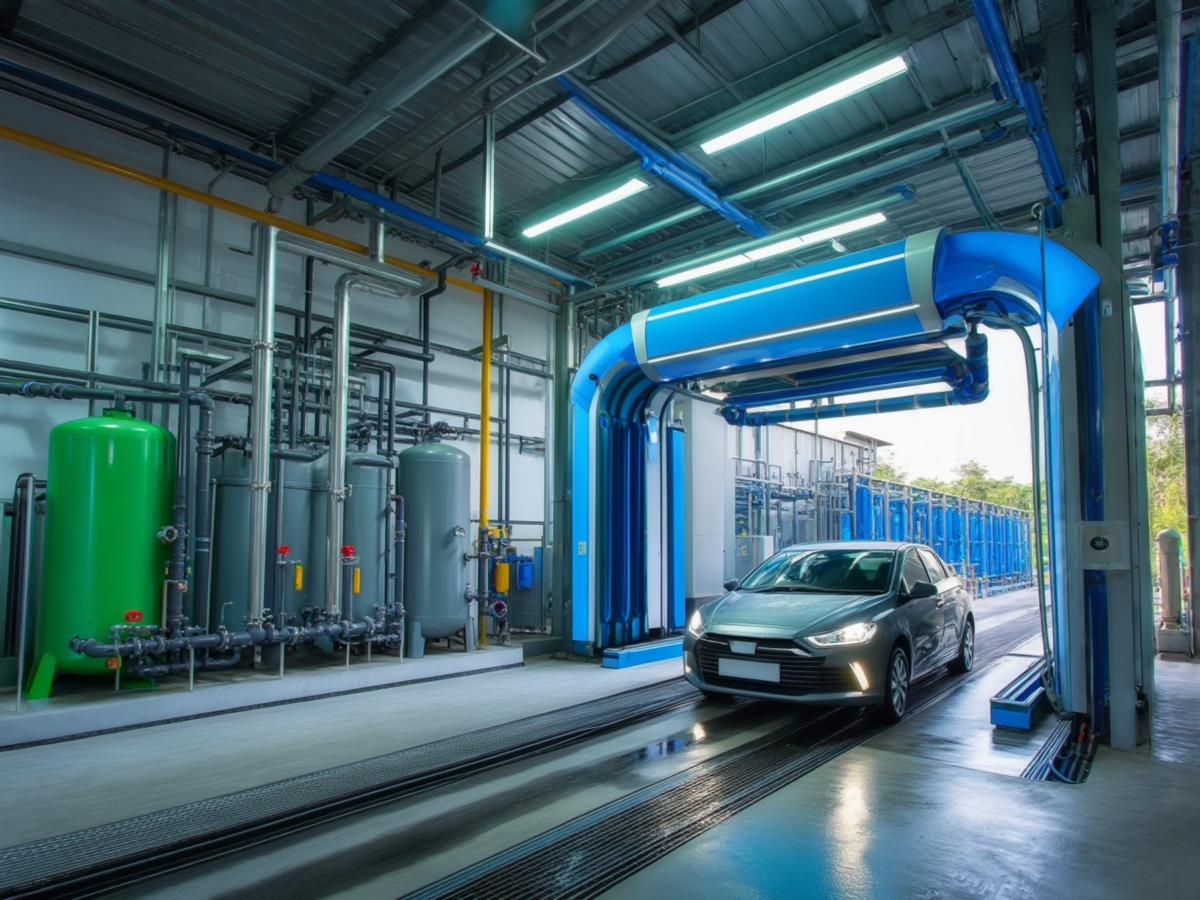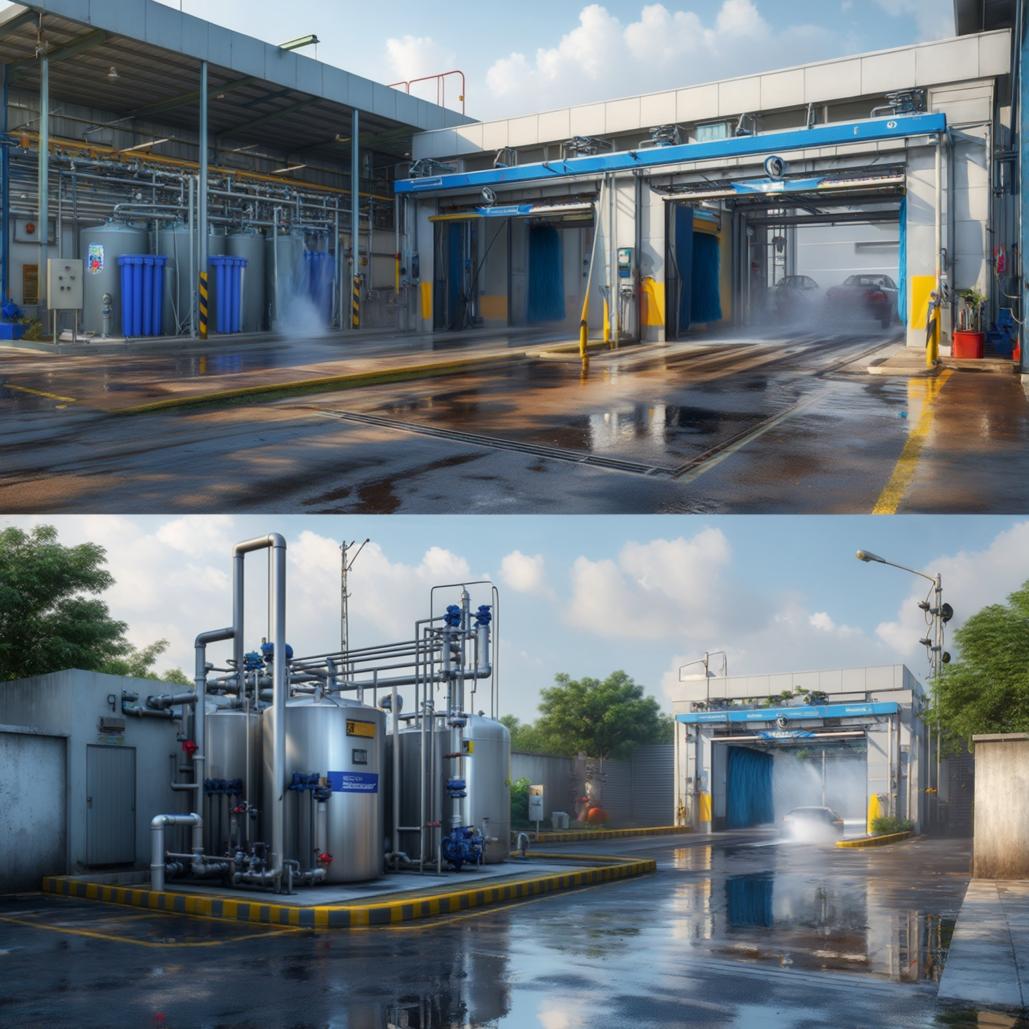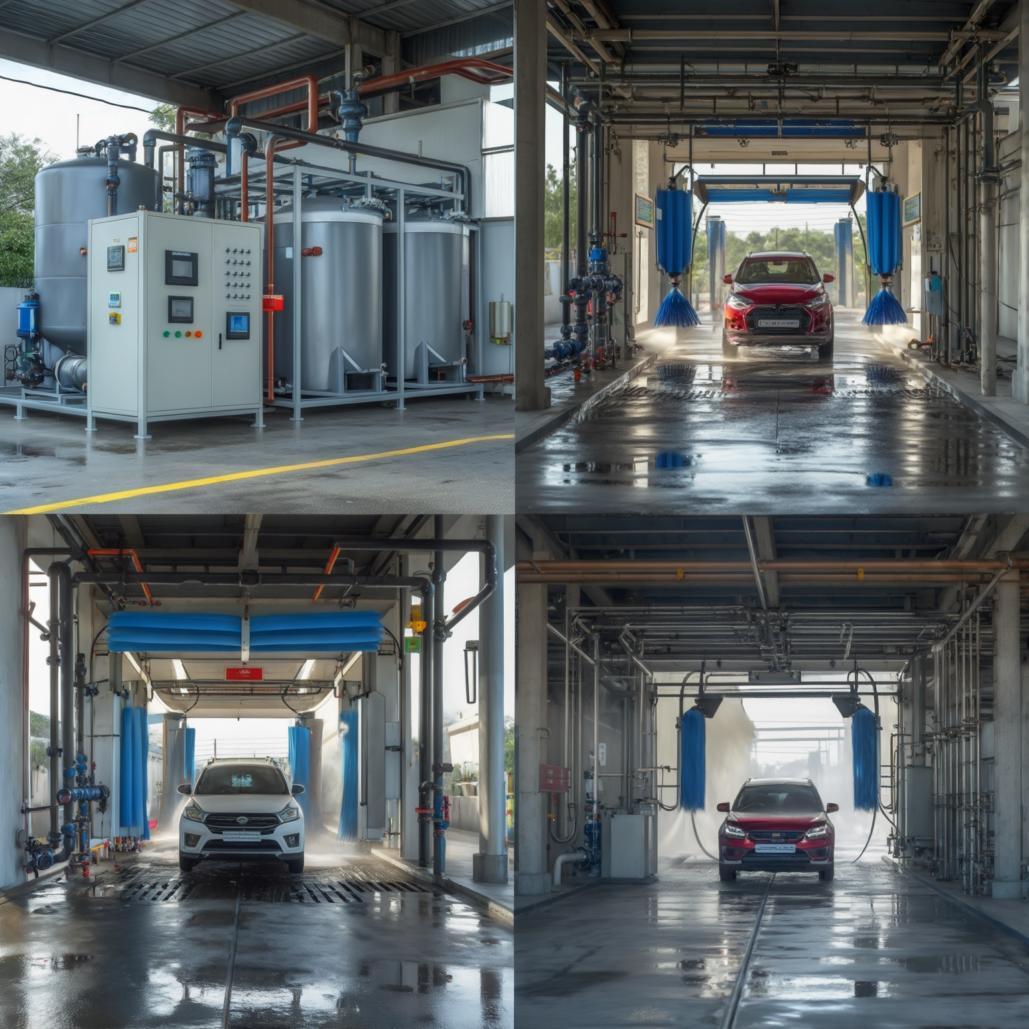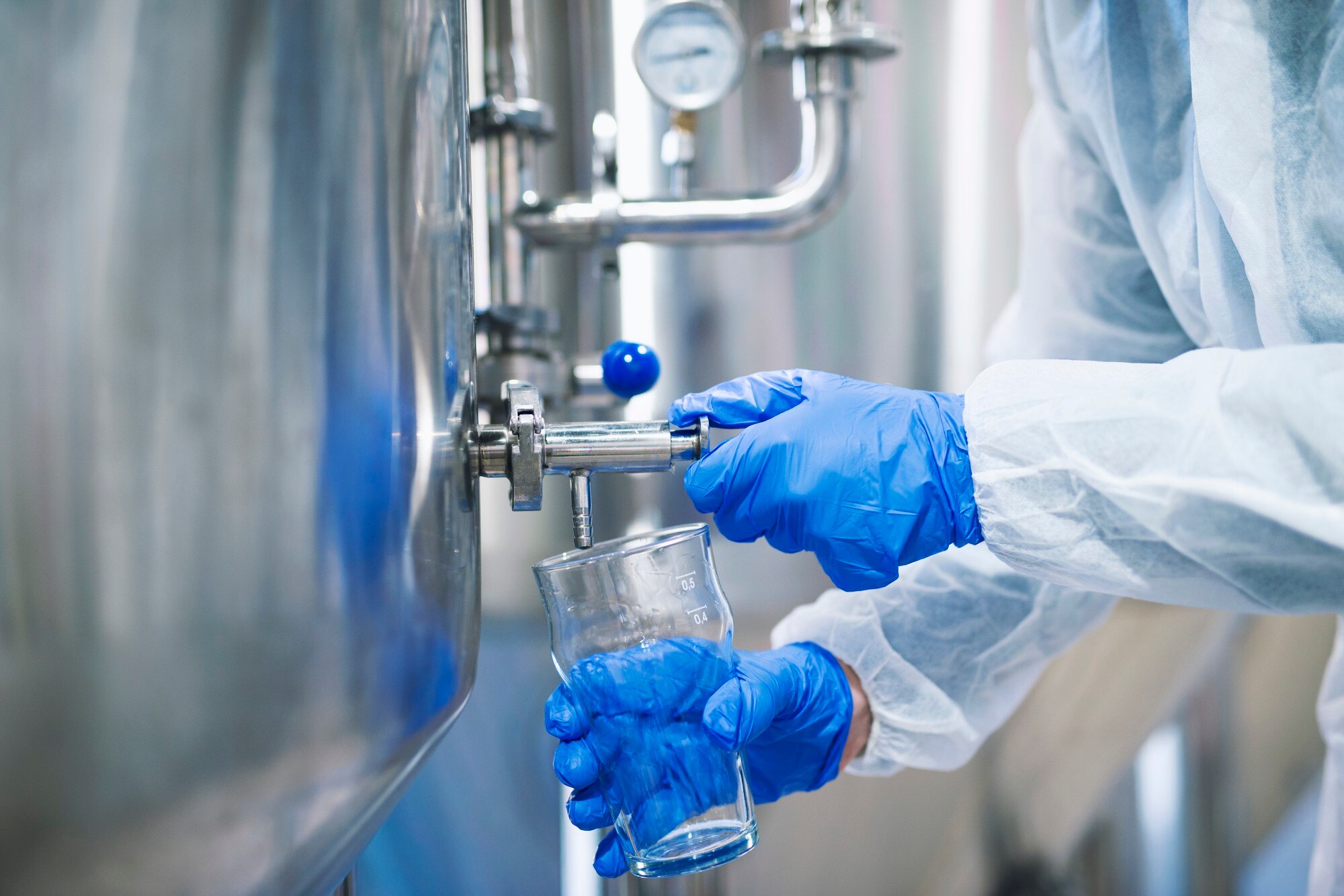
Hard Water Solutions: The Ultimate Guide to Water Softeners and Treatment Methods
Discover the best hard water treatment solutions, including water softeners and RO systems for homes and industries.
Water is an essential resource, but its quality varies depending on its mineral content. Hard water, rich in minerals like calcium and magnesium, can lead to numerous household and industrial problems. From limescale buildup in pipes to reduced efficiency of appliances, the need for effective hard water solutions has never been greater. This guide explores the best water softening techniques, innovative treatment technologies, and customer search trends for tackling hard water issues.
What is Hard Water?
Hard water contains high concentrations of dissolved minerals, primarily calcium and magnesium. These minerals enter the water supply through underground aquifers and rock formations. Hardness levels are measured in grains per gallon (GPG) or milligrams per liter (mg/L), and water is classified as:
-
Soft Water: 0-60 mg/L
-
Moderately Hard Water: 61-120 mg/L
-
Hard Water: 121-180 mg/L
-
Very Hard Water: 180+ mg/L
Common Problems Caused by Hard Water
-
Limescale Buildup: Clogs pipes, reduces water flow, and damages water heaters.
-
Soap Inefficiency: Hard water reduces lather formation, leading to increased detergent usage.
-
Appliance Damage: Dishwashers, washing machines, and water heaters lose efficiency due to mineral deposits.
-
Dry Skin and Hair: Hard water can strip natural oils, leading to dryness and irritation.
Best Hard Water Solutions
To combat hard water issues, homeowners and businesses can choose from various treatment methods, ranging from traditional softeners to advanced filtration systems.
1. Ion Exchange Water Softeners
-
How It Works: Replaces calcium and magnesium ions with sodium or potassium ions.
-
Best For: Whole-house water treatment.
-
Pros: Effective, long-lasting, and widely used.
-
Cons: Requires salt refilling and periodic maintenance.
2. Salt-Free Water Conditioners
-
How It Works: Uses template-assisted crystallization (TAC) to alter mineral structures, preventing scale formation.
-
Best For: People looking for a maintenance-free, eco-friendly solution.
-
Pros: No need for salt or chemicals; minimal maintenance.
-
Cons: Doesn’t remove minerals, only prevents scaling.
3. Reverse Osmosis (RO) Systems
-
How It Works: Uses a semipermeable membrane to filter out minerals and impurities.
-
Best For: Drinking water purification.
-
Pros: Provides high-quality, purified water.
-
Cons: Slow filtration rate and potential water wastage.
4. Electromagnetic Water Conditioners
-
How It Works: Uses electromagnetic fields to alter mineral behavior, reducing scaling.
-
Best For: Small homes and apartments.
-
Pros: Easy installation, no chemicals required.
-
Cons: Effectiveness varies based on water hardness.
5. Chemical Water Treatment
-
How It Works: Uses chemicals like polyphosphates to prevent scale formation.
-
Best For: Industrial and commercial applications.
-
Pros: Effective for large-scale operations.
-
Cons: Requires continuous chemical replenishment.
Latest Innovations in Hard Water Treatment
With growing concerns over water conservation and efficiency, new technologies are emerging to enhance water softening methods:
-
Smart Water Softeners: Wi-Fi-enabled systems that track water usage and regeneration cycles.
-
Hybrid Softeners: Combine ion exchange with carbon filtration for improved water quality.
-
Eco-Friendly Descalers: Non-chemical alternatives that use electronic pulses to prevent limescale buildup.
Choosing the Right Water Softener for Your Needs
Selecting the best water softener depends on several factors:
-
Water Hardness Level: Test your water to determine the appropriate softening method.
-
Household Size: Larger families require higher-capacity softeners.
-
Budget: Initial costs, maintenance, and long-term savings should be considered.
-
Environmental Impact: Choose systems that align with sustainability goals.
Benefits of Using a Water Softener
-
Extended Appliance Lifespan: Prevents damage to water heaters, dishwashers, and washing machines.
-
Improved Soap Efficiency: Enhances cleaning performance with less detergent usage.
-
Better Skin and Hair Health: Reduces dryness and irritation caused by hard water.
-
Energy Savings: Reduces scale buildup, improving heating efficiency.
Conclusion
Hard water can cause numerous problems, but effective solutions exist to tackle its challenges. Whether opting for an ion exchange softener, a salt-free conditioner, or advanced reverse osmosis filtration, choosing the right treatment can improve water quality, protect appliances, and enhance daily living. As innovations in water softening continue to evolve, homeowners and businesses can look forward to more sustainable and efficient hard water solutions.
